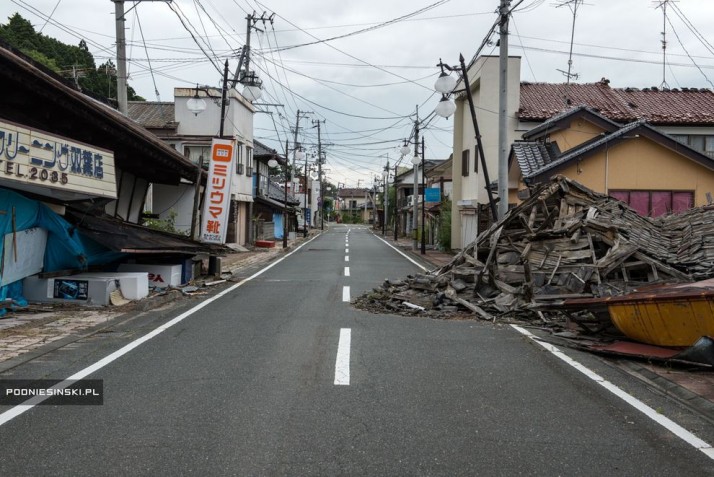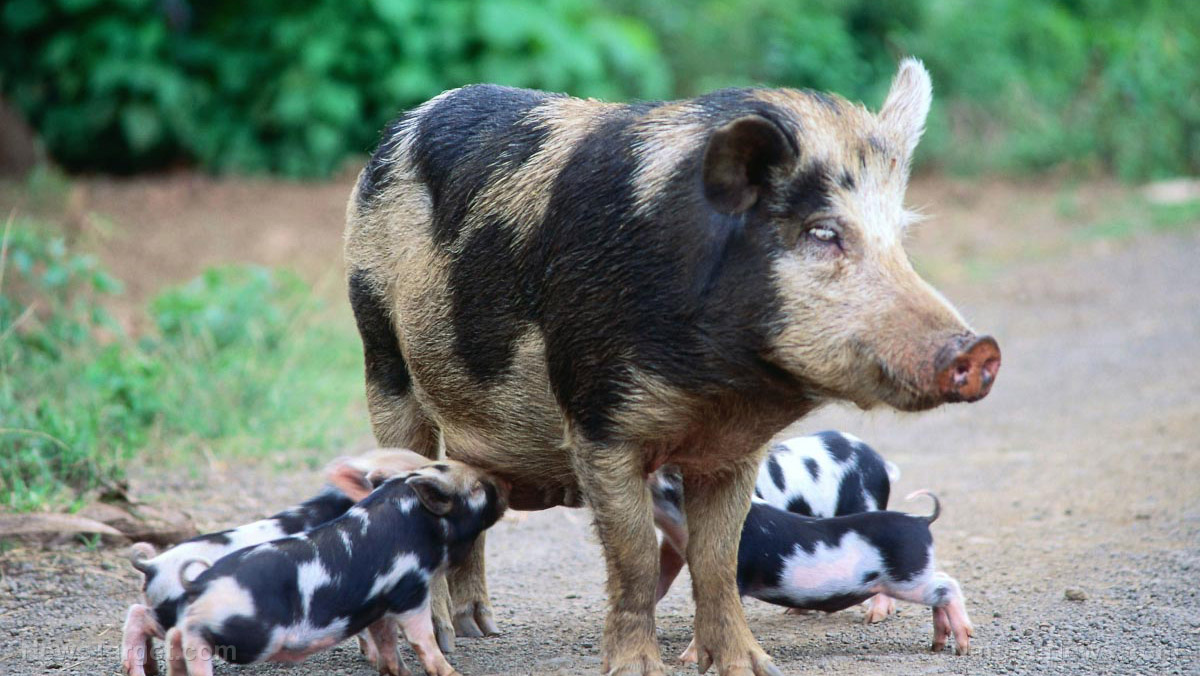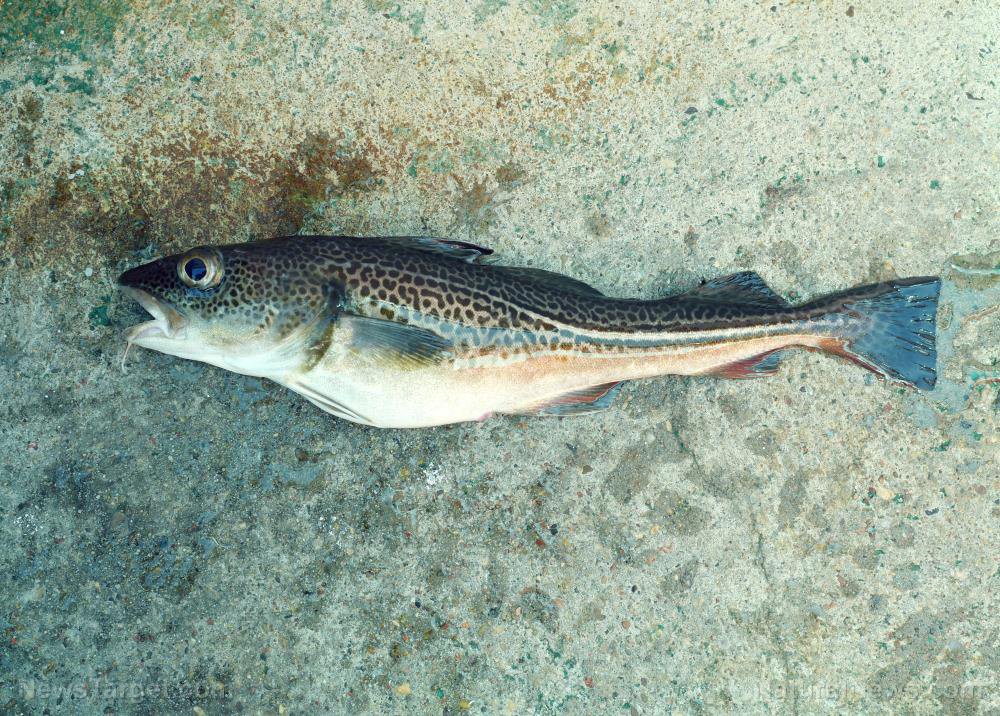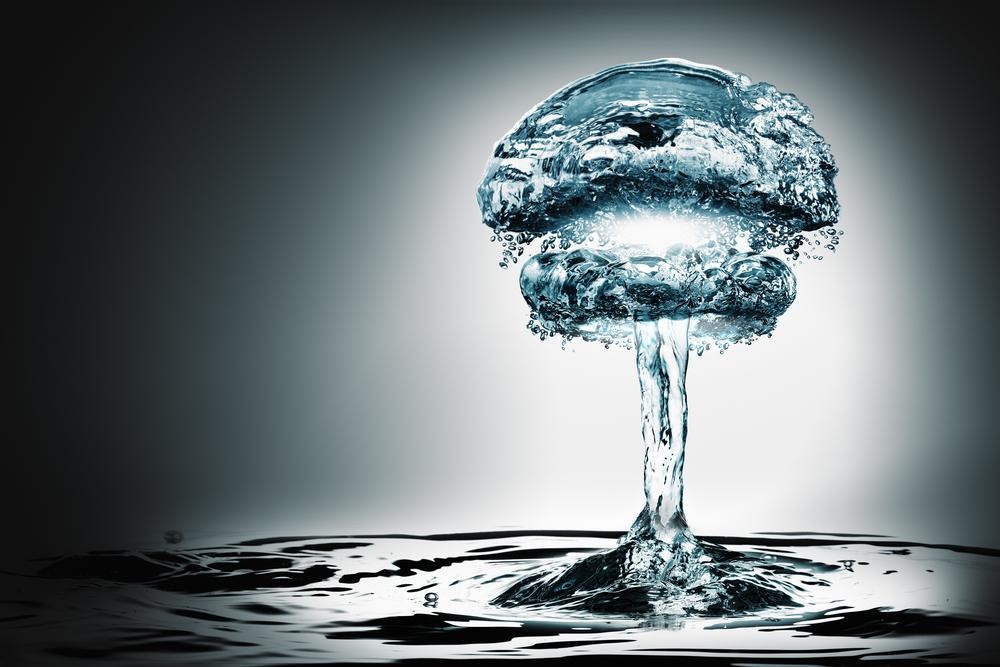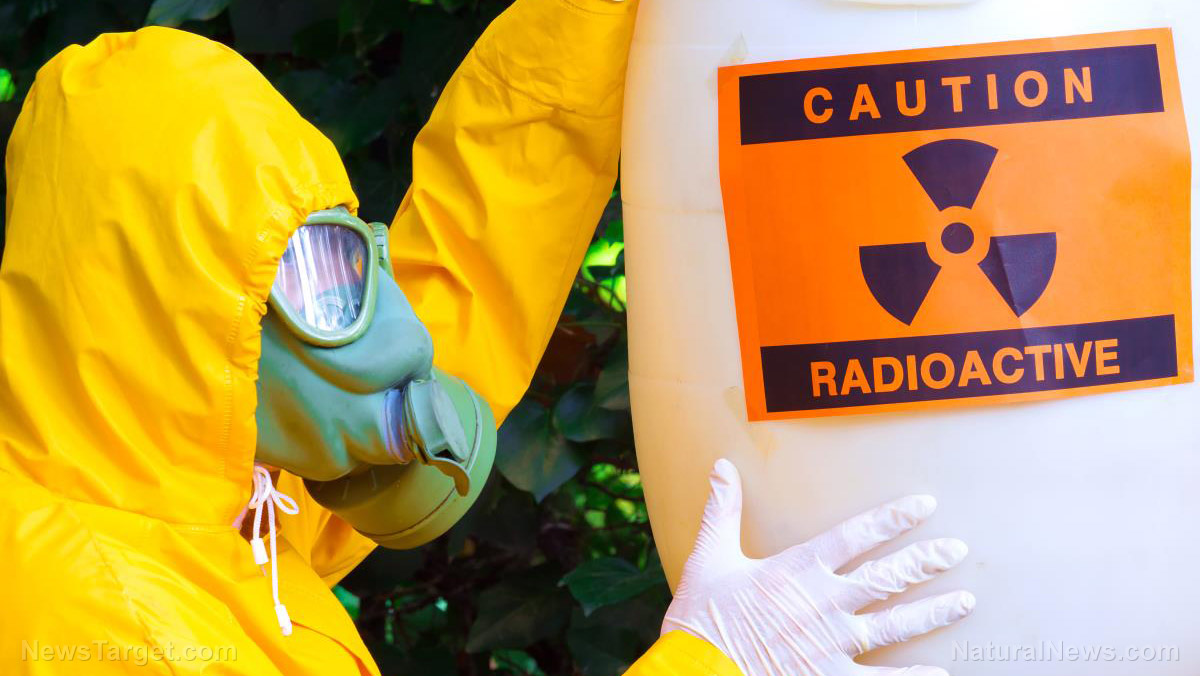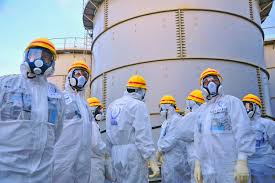Prime Minister Malcolm Turnbull wants to turn Australia into a nuclear wasteland for other countries
11/12/2015 / By Greg White
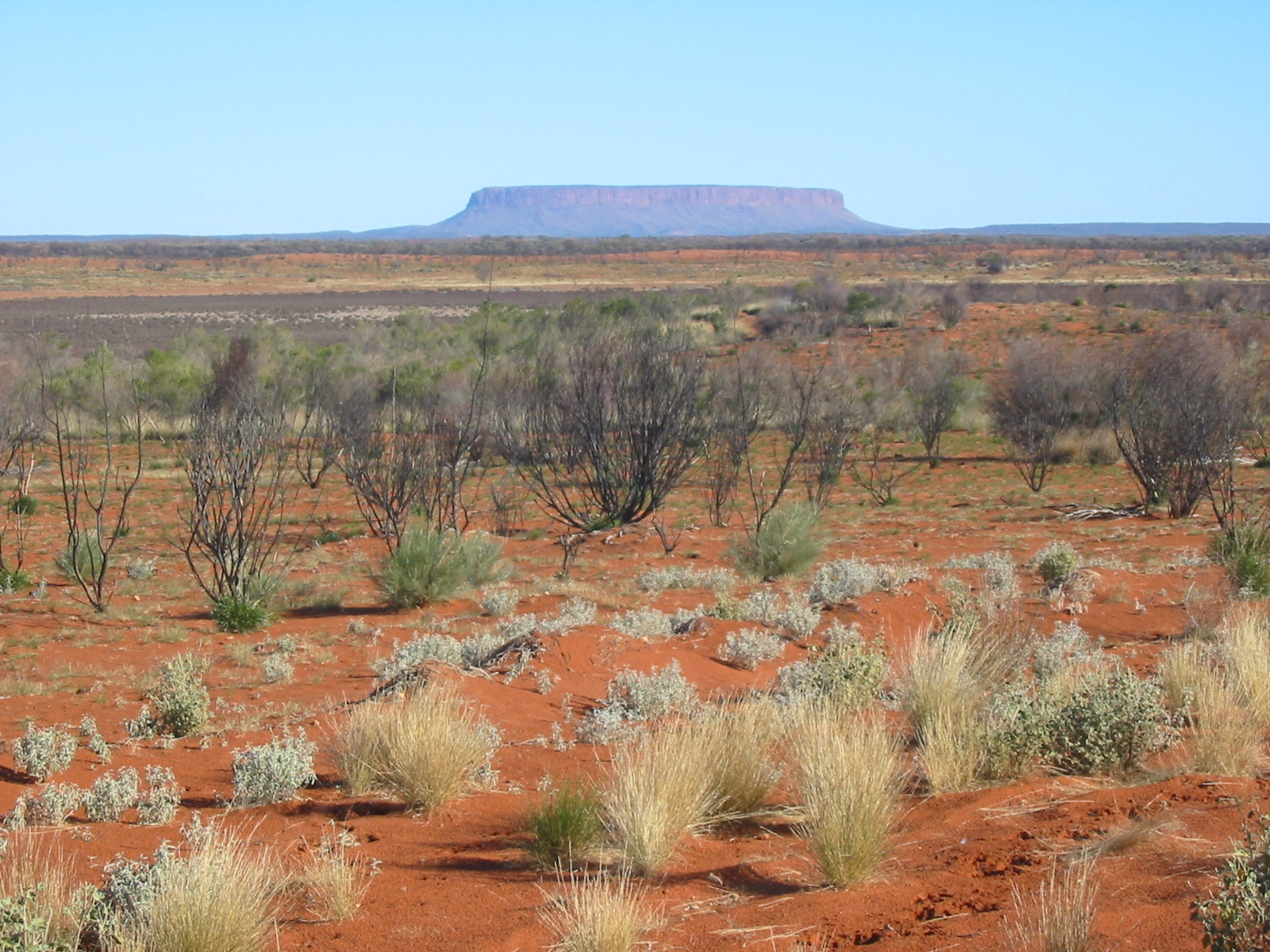
Prime Minister Malcolm Turnbull feels cautious, but is at the same time open to the idea of a nuclear fuel leasing industry in Australia. The industry would consist of leasing fuel rods to other countries, and then storing the waste afterwards. In other words, Australia would become a nuclear junkyard that other countries could use to dump toxic waste.
The Prime Minister said he was originally skeptical about whether or not Australia would build power stations in order to provide electricity for its citizens. The country already has a rich supply of gas, wind and solar power.
“We have got the uranium, we mine it, why don’t we process it, turn it into the fuel rods, lease it to people overseas, when they are done, we bring them back and we have got stable, very stable geology in remote locations and a stable political environment,” the Prime Minister said.[1]
Nuclear industry costs more money than it’s worth
A nuclear industry would be a dead end for Australia’s economy. At least, that is what the latest edition of the International Atomic Energy Agency’s Nuclear Technology Review suggests.
Uranium miners would be required to participate in an Australian nuclear industry. Nevertheless, BHP Milton, an Anglo-Australian multinational mining company, stated in a submission to the 2006 Switkowski Review: “BHP Billiton believes that there is neither a commercial nor a non-proliferation case for it to become involved in front-end processing or for mandating the development of fuel leasing services in Australia.”[1]
Nor is there any reason to pluck at the harp strings of patriotism of Australia’s uranium miners, since the majority is foreign-owned.[1]
An increase in nuclear power would boost the demand for nuclear fuel cycle industries. The problem is there are fewer operating reactors today than there were a decade ago. Furthermore, it’s likely the number of reactors closed in the next 20 years will exceed the number of reactors opened.[2]
A 2006 report suggests that 25 reactors could be built in Australia and produce one-third of the country’s electricity by 2050. According to the International Energy Agency, however, approximately 200 reactors will be shut down by 2040.[2]
In addition, building a nuclear cycle industry from nothing would be costly. Nuclear power would be much more expensive to produce in comparison to coal-fired power, if a price was not placed on carbon dioxide emissions.
Nor is there conclusive evidence that accepting other countries’ nuclear waste would be profitable. Proponents have touted that billions of dollars could be made from accepting other countries’ nuclear waste, but have been suspiciously quiet about the costs.
While Australia could gain billions of dollars from storing nuclear waste, they could also lose billions of dollars in the process. The amount of waste received would be quite large. Storing nuclear waste in a deep underground repository would likely cost tens of billions of dollars. Japan, for instance, plans to build a high level waste repository, which is estimated to cost $40.8 billion.[1]
The long-term price of a deep underground repository
That’s just the cost of building the repository. It would also have to be monitored. It will take approximately 300,000 years for the radioactivity of spent nuclear fuel to fall to the original uranium core. The annual cost of monitoring waste might seem inexpensive in the short-term, but would be extraordinarily costly in the long-term.[1]
Then, there are also the rippling effects storing nuclear waste can have on the environment. The belief that nuclear waste could be safely stored in an underground repository was shown to be demonstrably false after an explosion occurred in the Waste Isolation Pilot Plant (WIPP) in the US state of New Mexico, the world’s only underground repository for nuclear waste.
Radiation leaks were detected in early February 2014 from the explosion. Approximately 22 workers were exposed to low levels of internal radiation. The WIPP will be closed for four years and will cost nearly $1 billion to fix.[1]
The moral of the tale? Don’t make a nuclear bang for a buck.
Sources:
[1] NewMatilda.com
[2] TheGuardian.com
Submit a correction >>
Tagged Under:
Australia, nuclear industry, nuclear waste, Prime Minister Turnbull, waste isolation pilot
This article may contain statements that reflect the opinion of the author
RECENT NEWS & ARTICLES
COPYRIGHT © 2017 FUKUSHIMAWATCH.COM
All content posted on this site is protected under Free Speech. FukushimaWatch.com is not responsible for content written by contributing authors. The information on this site is provided for educational and entertainment purposes only. It is not intended as a substitute for professional advice of any kind. FukushimaWatch.com assumes no responsibility for the use or misuse of this material. All trademarks, registered trademarks and service marks mentioned on this site are the property of their respective owners.

